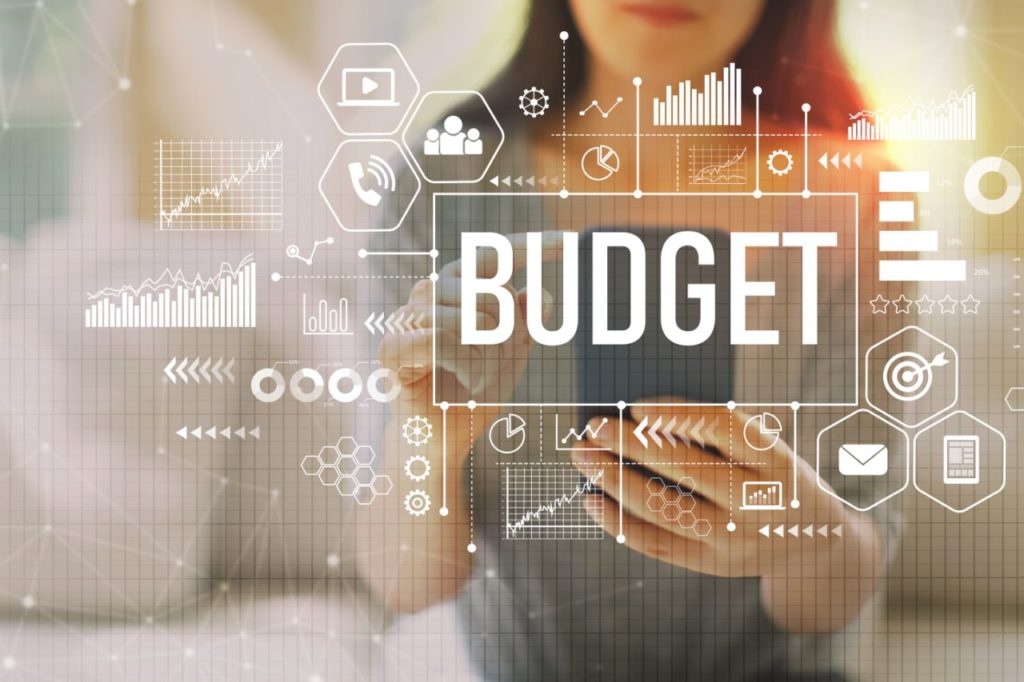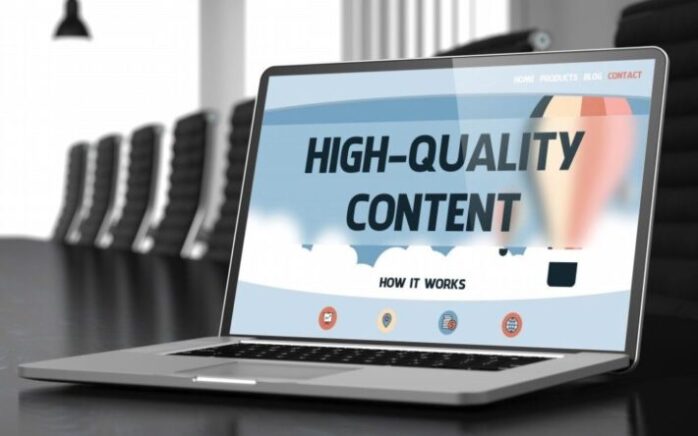
Building a new website is easier than ever before as a result of the wide range of free and user-friendly online website design platforms and content management systems like WordPress.
But if your goal is to build a website that attracts customers and earn you money, it will not be enough to simply throw a website together and hope for the best. In website design, planning is important.
To help ensure that you don’t miss any important step when building your website, follow this simple guide for creating a web presence that will help you achieve your business goals.
1. Determine your target audience
It is very important that you have a clear understanding of who you are creating a website for before getting started. You need to find out exactly who your target audience is and take the time to understand their demography. For example, if you are building a website to sell clothes to young people, you will likely need to get inspiration from modern pop culture.

2. Determine your website’s objectives
Just as your business has strategic objectives (and if your business does not have goals, then you have bigger problems than creating a website), your website’s objectives should outline what you intend to achieve with your site.
What actions and activities do you want your audience to perform when they arrive at your website? Be sure to always refer to your main objectives the entire time you are designing the website to be sure that your goals are covered.
3. Define your budget
There are two types of costs associated with a website project: the cost of web design, and the cost for ongoing maintenance of the website.
Website design costs tend to be a one-off sum and typically covers the cost of a domain name as well as hosting fees. It is important you know what these costs are beforehand so that you can plan your budget. Thankfully, you can find freeparking.co.nz for domains and web hosting from different providers online.
The cost for ongoing site maintenance varies. If your website was built using a CMS like WordPress, you may be able to handle maintenance by yourself, as WordPress is quite easy to use and does not require any technical knowledge. But if it was built using custom script, your developer may bill you for maintenance.

4. Sort out your content
It is always a good idea to sort out your content before getting started with web design as it will be more difficult to fit content around a design than creating a design around your content.
You should spend some time researching relevant content when planning a new website. Once you have finished figuring out who your target audience is as well as your website strategy, it will be easy to determine the type of content that will appeal to your visitors.
While your website content is meant to attract people to your site, it is also a good way to create a lasting relationship with visitors.
Content is important for many reasons, but one of the most important reasons why you need top-notch and relevant content is that it helps you rank high on search engines. Content that is original, relevant, and engaging will quickly grab the attention of your audience and help your website do well in terms of SEO.
5. Make mobile a top priority
Since 2018, every website is expected to meet the benchmark for mobile responsiveness. In fact, with more than 50% of the world’ traffic coming from mobile devices, not optimizing your site for mobile is the quickest way to ensure online failure. It is important that your website design is properly formatted to look right on mobile screens as many of your visitors will be visiting your site from a phone or tablet.
Talk to your website designer and find out if they are familiar with a mobile-first design, adaptive design, and sensory design, all of which are relevant for creating a website targeted at mobile users.

6. Consider legalities
These days, every website has to be protected legally, and it is important that visitors are clearly aware of their responsibilities and any policies for using the website and its content.
If people will be buying anything on your website, these legal considerations should cover the return of goods, warranty, and even resellers. Putting all these in place before your website goes live is vital, so be sure to write down all the various policies and decide where the terms of use of your website will be placed.
Thing which is also important is privacy, and that is probably the mostly talked theme these years. You should always protect your visitors, yourself and your business. Do not take this for granted and use generators such as one at this website which will help you resolve this problem.
7. Online visibility
It is not enough to design an attractive website; you have to make sure that search engines understand what your site is about in order to display it to relevant search users. Without a proper SEO strategy in place, even the most beautiful of websites will fail in search engine ranking and in attracting qualified traffic.
Once you have decided to create a website, come up with a suitable domain name for your site and acquire it. Also, before building, use a relevant keyword research tool to identify the keywords that are relevant to your product or service. By using these relevant keywords on your website, you will attract high-quality traffic to your website.

8. Make sure your website is fast
The speed of your website can make or break your online business. In fact, if your website does not load is as little as four seconds, your visitors may get frustrated and abandon your website. They may also never return, causing you to miss out on potential business.
There are a lot of factors that contribute to the speed of a website but one of the most important is your website hosting provider, which is why it is important you choose a reliable web hosting partner for your new website.
9. Finally, how will you track performance?
Knowing the objectives and specific goals of your website is one thing. You also need to find a way to track how and if these goals are being met. Putting KPIs or key performance indicators in place means that you can evaluate the performance of your website as well as the success of your marketing strategies.

Some of the features your analytics will cover include traffic, leads generated, conversion rates, search engine ranking, and page views. Keeping an eye on performance will help you evaluate and know where to make necessary changes.











